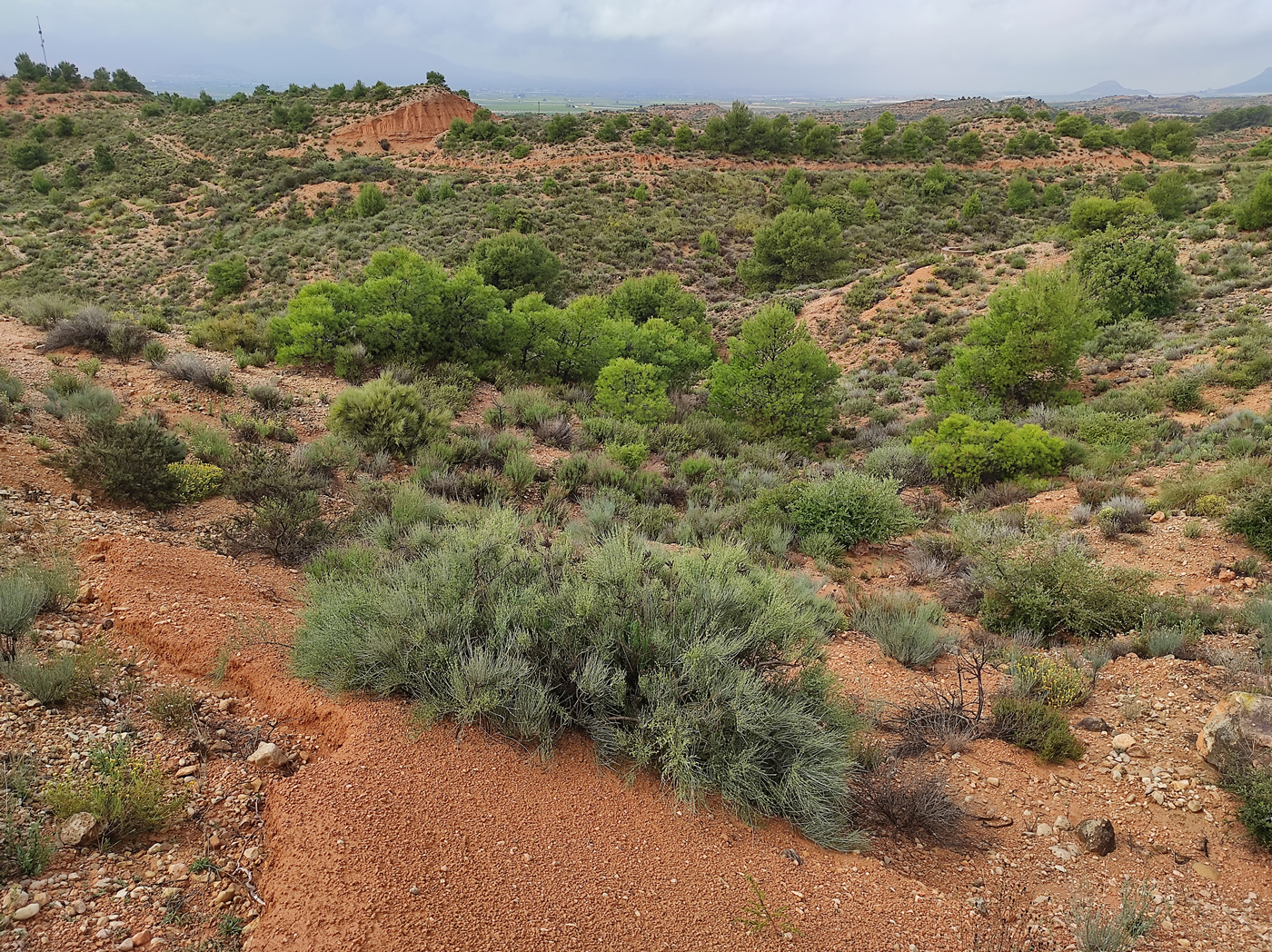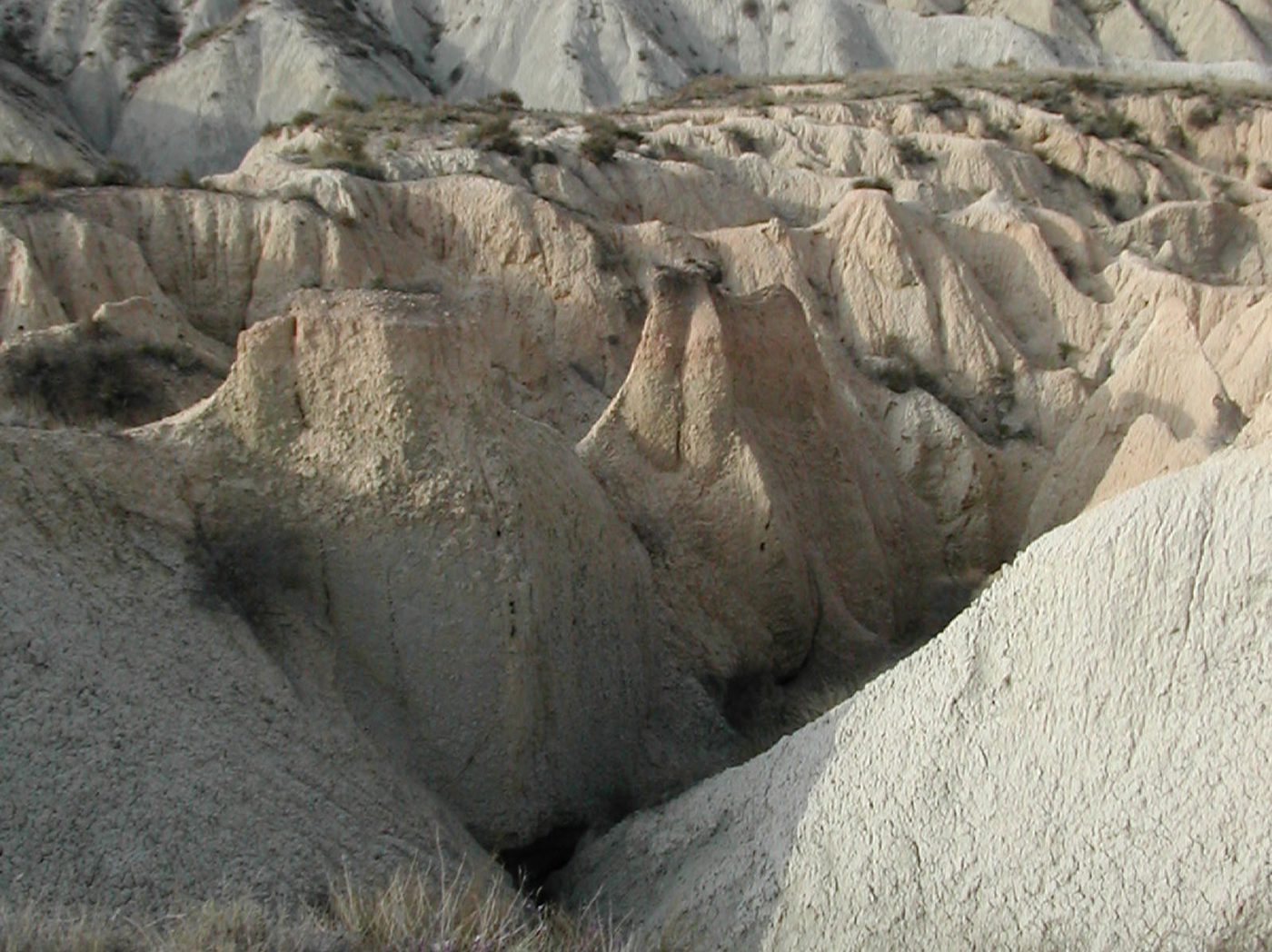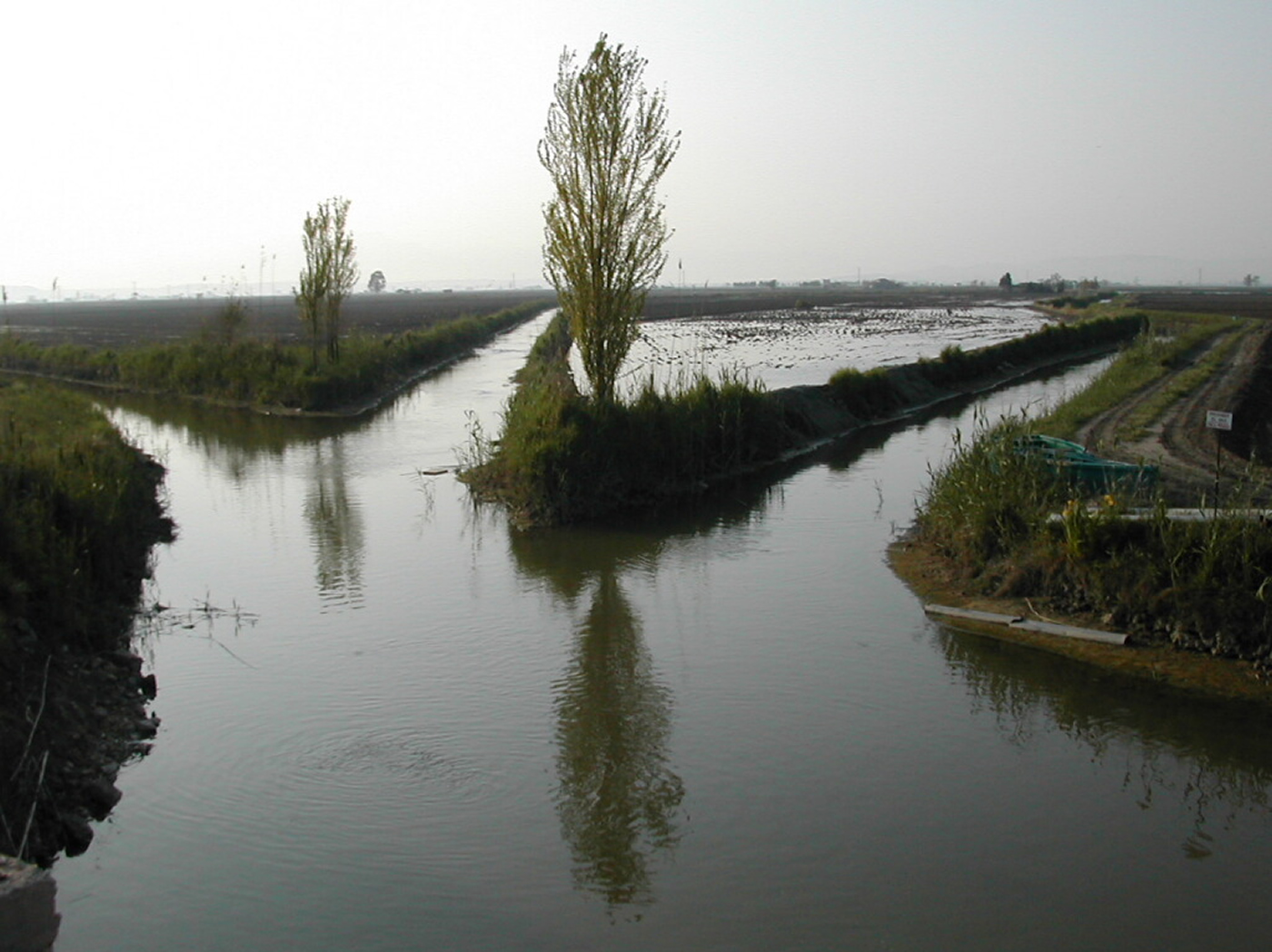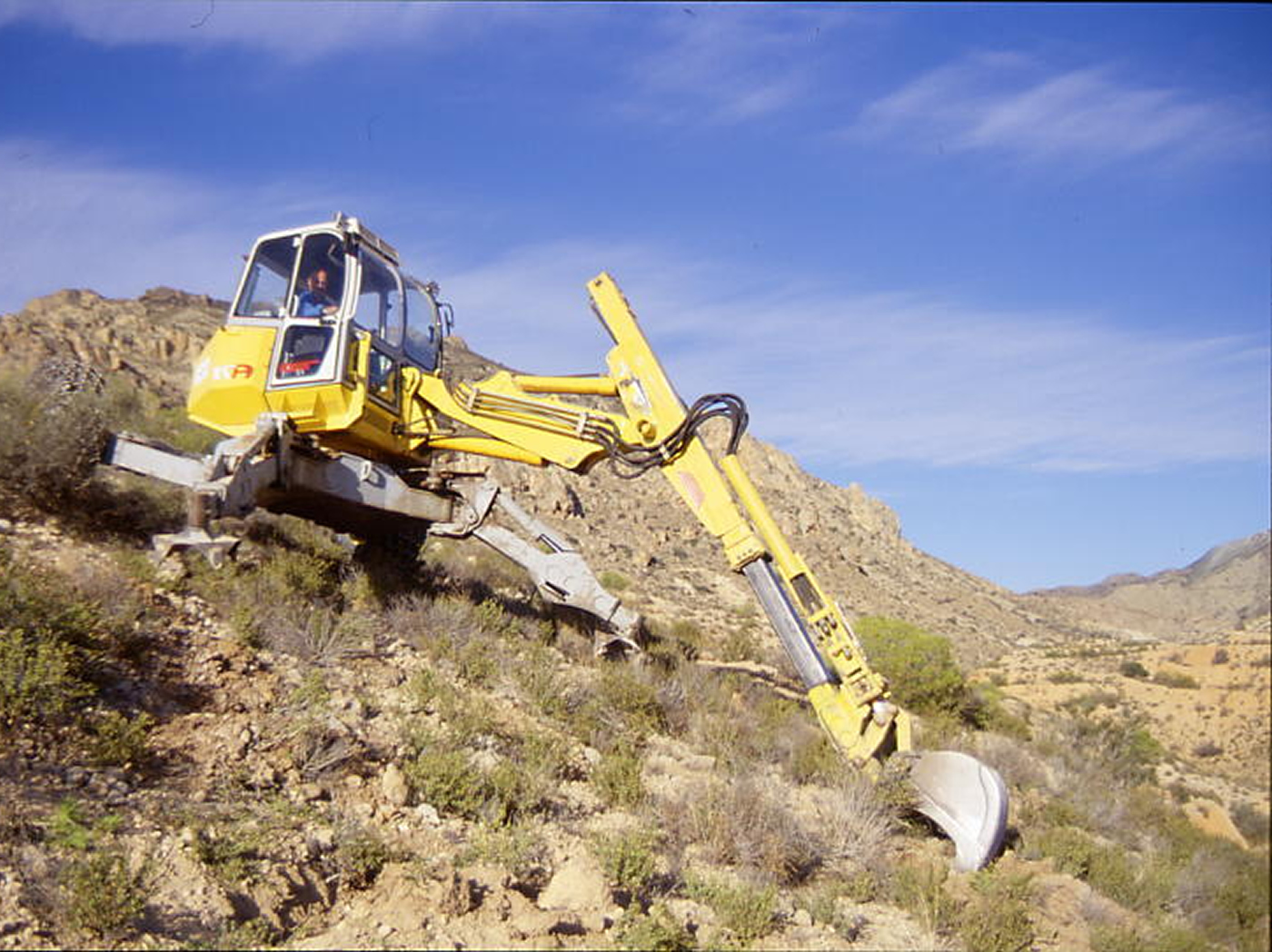



Hosted by Andreu Bonet and Jaime Baeza, University of Alicante; and Vicent Ferri, FVLC
Present Mediterranean landscapes are the result of the long interaction between rural activities and ecosystems, where wildfires and different coexisting land uses, such as forests, shrublands, pastures, small ponds, ravines, and croplands, modulates the mosaics in a relatively limited geographic region. The Valencian Community Foundation of Victoria Laporta Carbonell (FVLC) is a small non-profit entity devoted to land stewardship, created in 2003 with the aim to stop the degradation of the ecosystems of the Buixcarró Reserve, and promoting restoration, conservation, and compatible uses in a protected area. This 658 hectares property, located in the Sierra de Mariola Natural Park, included also in a Natura 2000 SCI.
Since 2004, FVLC began to develop a comprehensive management model of the reserve focusing on different lines of work: a) sustainable forest management (increasing resilience and maturity); b) improving biodiversity (re-establishing wild rabbit populations, restoring habitats for amphibian populations, mammals and birds); c) developing sustainable hunting plans; d) promoting environmental beekeeping; e) maintenance of organic and traditional agriculture; f) education and training programs, g) birdwatching and professional wildlife photography.
The University of Alicante collaborate in several research projects, mainly related to restoration and management of forests affected by wildfires. Post-fire regeneration in Pinus halepensis' forests, often generates overstocked and vulnerable stands. They accumulate a high fuel load, increasing the risk of further fires, and present high levels of vulnerability. In addition, these dense stands substantially reduce the availability of light and nutrients, which may hinder the recruitment of other species, often generating mono-specific and homogeneous stands, which potentially supply fewer ecosystem services than mixed forests. In these dense pine stands, management is of high priority to reduce fire hazards and promote their functionality.
In this field tour, we will visit several examples of the forementioned conservation and restoration actuations, and we also will focus in detail on the results of sustainable forest management. After ten years of treatments, thinning and plantation interacted to enhance Ecosystem Services of biodiversity conservation, disturbance regulation (the capacity of an ecosystem to resist further fires), food production and multifunctionality (the capacity of an ecosystem to provide multiple ecosystem services at high levels simultaneously).
Tentative timetable
|
8:45 9:00 |
Meeting time Depart from University of Alicante Campus, Sant Vicent del Raspeig. |
|
10:00 |
Mariola Natural Park. Land stewardship at Buixcarró. |
|
12:00 |
Buixcarró. Conservation actions. |
|
14:00 |
Lunch at Buixcarró (picnic) |
|
15:00 |
Buixcarró. Forest Management. |
|
16:00 |
Font Roja Natural Park and Natura 2000 Site. Restoring connectivity |
|
17:30 |
Arrival to University of Alicante |
Practical information
The weather is expected to be sunny and warm, especially during midday (up to 34ºC). Make sure that you keep hydrated and protect from direct sun exposure and high UV radiation during field activities. Each participant will receive a picnic pack but could be convenient to bring your own additional water. Rainfall is not expected, although late-summer sudden rains sometimes occur in the county. Participants are requested to wear their badge at bus pickup, and is recommended to wear a hat or cap, comfortable clothes, and appropriate outdoor footwear during field visits.












ALO CONGRESS- VIAJABIEN S.L.
Numancia, 73, 7º C2
08029 - Barcelona (Spain)
Phone: (+34) 933 633 954
secretary@sere2022.org
Payment and invoices
admin@sere2022.org